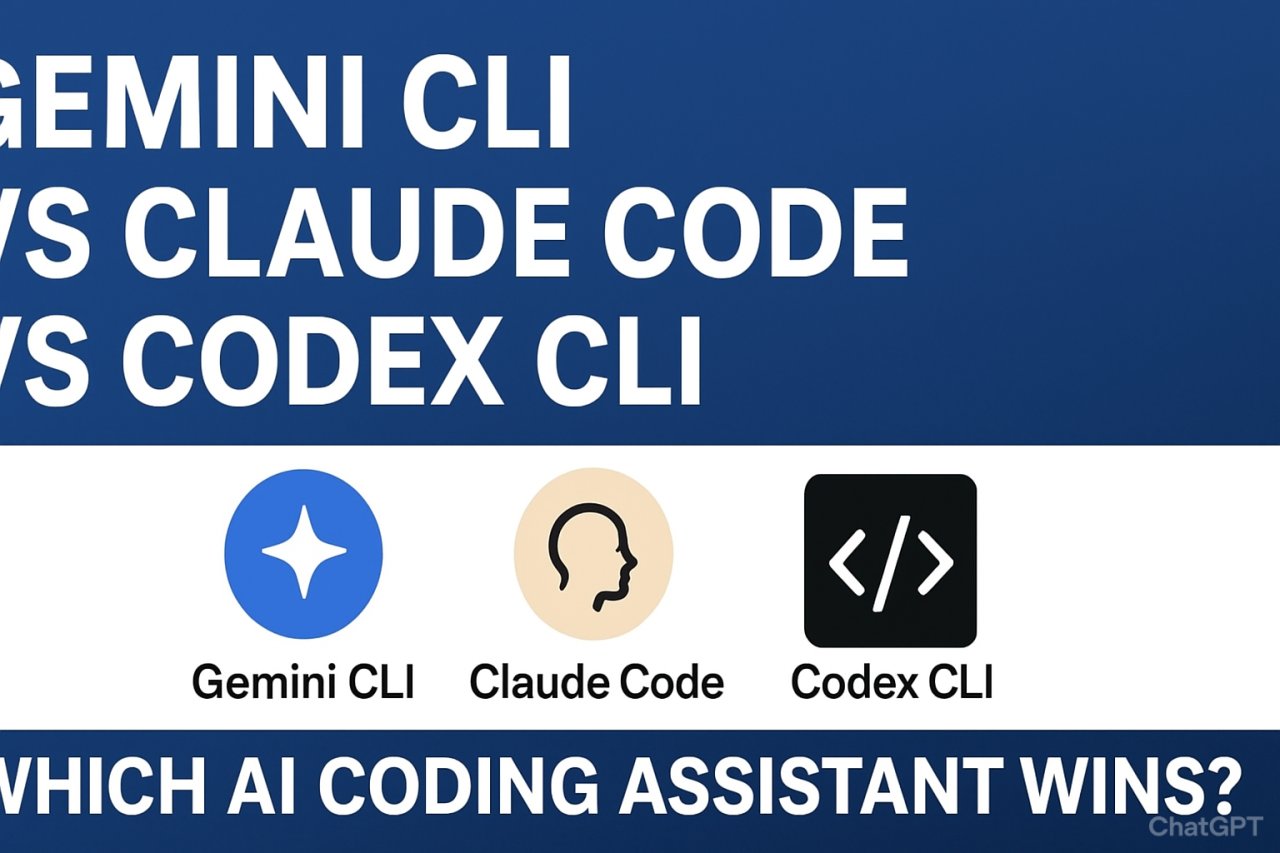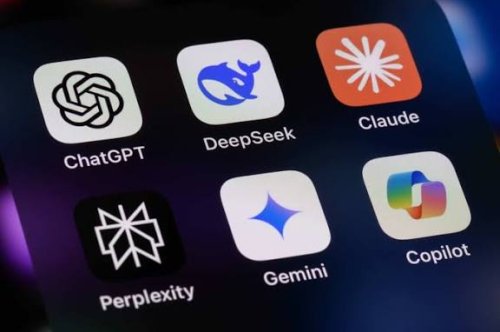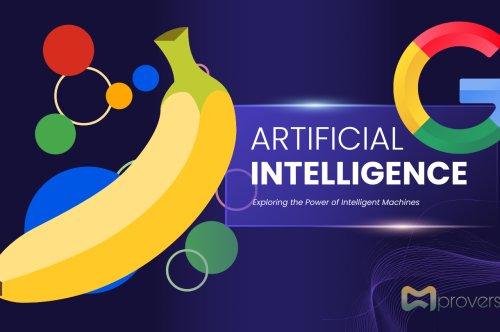Gemini CLI vs Claude Code vs Codex CLI Compared! Which AI Coding Assistant Wins?

Gemini CLI vs Claude Code vs Codex CLI Compared! Which AI Coding Assistant Wins?
In this post, I’m sharing my experience testing three popular AI-powered coding assistants—Cloud Code, Codex CLI, and Gemini CLI—to solve two real-world problems: integrating cloud storage into my app Mind Deck, and expanding transcription provider support in Hyper Whisper. Over the past few weeks, both Codex CLI and Gemini CLI have seen major improvements through constant updates, so I wanted to see how they perform across different domains.
Why Now?
Cloud Code and Gemini CLI have both been releasing frequent updates, and I hadn’t revisited them in a while. I wanted to explore how their latest versions compare when it comes to solving complex engineering problems. Also, I’m transparent—I don’t accept sponsorships, as I want my content to remain unbiased. This comparison is possible only because of the support from users purchasing my products via links and coupon codes in the description.
Problem 1: Cloud Storage in Mind Deck
The Challenge
Mind Deck is an LLM front-end application that allows users to compare multiple providers, bring their own API keys, and keep all data stored locally for privacy. However, I want to add a cloud storage option where users can encrypt their data and sync it across devices. The master password would remain locally stored, and if it’s lost, the data is unrecoverable.
The options I considered:
- Building a custom database.
- Using S3-compatible cloud storage like AWS S3 or alternatives.
- Allowing users to bring their own storage solution.
I wanted to see how each tool would approach this problem by analyzing the codebase, suggesting solutions, and prioritizing implementation.
How I Tested
I ran Cloud Code, Codex CLI, and Gemini CLI side-by-side, each tasked with scanning the codebase and proposing the best way to integrate cloud storage. All three used different models: Opus 4.1 for Cloud Code, GPT-5 High for Codex CLI, and Gemini 2.5 Pro.
After giving them the same prompt, I compared their plans based on factors such as scalability, error handling, and encryption methods.
The Results
✅ Codex CLI — The Best Overall
Codex CLI stood out by offering:
- Incremental sync with per-record objects (chats, folders, etc.).
- Use of pre-signed URLs for secure uploads.
- Short-term, medium-term, and long-term planning with compression and connection testing.
- Encryption streaming and retries via web workers.
While more complex to understand, it was clearly production-ready and comprehensive. It addressed edge cases and planned for error handling effectively.
✅ Cloud Code — Solid, but Encryption Heavy
Cloud Code recommended encrypting and syncing the entire database, which could lead to slower sync operations. It recognized S3 as a viable option but didn’t explore incremental syncs like Codex did. It focused more on encryption rather than scaling efficiently.
✅ Gemini CLI — A Basic Starting Point
Gemini CLI offered a simpler, less scalable solution that might work for small datasets but lacked encryption streaming and robust error handling. It didn’t fully implement the instructions, missing important steps like encryption and background syncing.
Final Thoughts on Mind Deck
Based on the consensus and my own review, I chose to adopt a hybrid approach leaning on Codex CLI’s solution. It’s feature-complete and best suited for long-term use, with encryption and incremental syncing that others missed. Cloud Code’s approach added some ideas worth integrating later, like device onboarding via QR codes. Gemini CLI, though straightforward, didn’t offer the depth required.
Problem 2: Expanding Transcription Providers in Hyper Whisper
The Challenge
Hyper Whisper is a transcription tool where users can choose their own API keys for trusted providers like OpenAI or Fireworks AI, avoiding centralized backends. I wanted to add support for additional providers such as:
- Deepgram (with advanced models like Nova and domain-specific options).
- Assembly AI (with cost-efficient transcription services).
- 11 Labs (offering high-accuracy models).
The goal was to integrate these providers seamlessly and ensure transcription accuracy across languages.
How I Tested
Each tool was asked to expand the list of transcription providers by reviewing the codebase and implementing support for these new APIs. I tested their implementations by adding real API keys and running transcription tasks.
The Results
✅ Cloud Code — Functional, but Incomplete
Cloud Code successfully added the provider options but struggled with integration. For example, the interface wasn’t intuitive, and some endpoints returned errors like “invalid query parameters.” It lacked proper validation for Deepgram and Assembly AI in certain cases.
✅ Codex CLI — Well-Integrated, But Minor Flaws
Codex CLI delivered the best experience by implementing Deepgram and Assembly AI properly, with accurate transcription results. However, it mistakenly placed API keys in the wrong section (post-processing instead of transcription), which is an easy UI fix.
✅ Gemini CLI — Broken Implementation
Gemini CLI failed to implement providers correctly. The transcription process returned errors like 404 endpoints, and it seemed confused about API structure.
Final Thoughts on Hyper Whisper
Codex CLI’s implementation was the most reliable and accurate, handling transcription requests effectively and working within API constraints. Cloud Code had good intentions but missed key details. Gemini CLI couldn’t execute the task as expected.
For practical purposes, I’d combine Cloud Code’s UI refinements with Codex CLI’s robust backend logic for a comprehensive solution.
Lessons Learned
- Instruction Following Matters: Codex CLI’s ability to interpret detailed instructions helped it outperform others, especially when the problem had multiple steps and edge cases.
- UI and Integration Count: Cloud Code’s UI implementation felt more polished, even if the backend was less advanced. Combining the strengths of both could lead to a better product.
- Complexity vs Maintainability: Codex CLI’s solution, while powerful, was complex. A balance between thoroughness and maintainability is essential, especially for long-term projects.
- Consensus Helps Confirm Best Practices: It was encouraging to see multiple tools recommending S3 storage and encryption techniques independently, reinforcing that this was a sound approach.
Conclusion
Both Cloud Code and Codex CLI have their merits. Codex CLI’s deeper analysis, encryption methods, and background syncing make it ideal for complex, scalable solutions. Cloud Code offers UI friendliness and simpler workflows that can be refined later. Gemini CLI, while showing promise, still needs improvement.
For both Mind Deck and Hyper Whisper, I’ll lean on Codex CLI’s plans but will selectively incorporate Cloud Code’s thoughtful UI touches. The experience highlights how AI-assisted development tools can complement each other, and how combining their strengths leads to the best outcomes.





